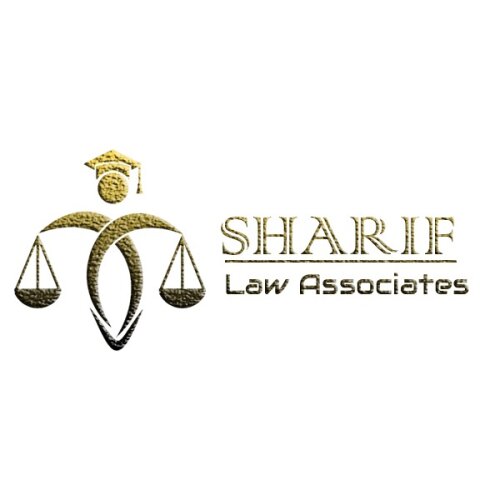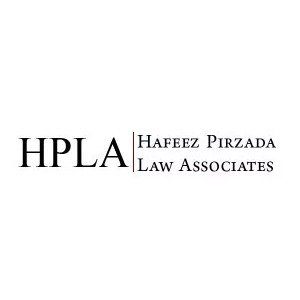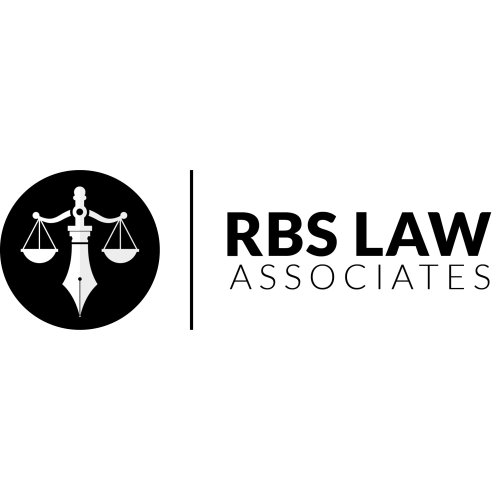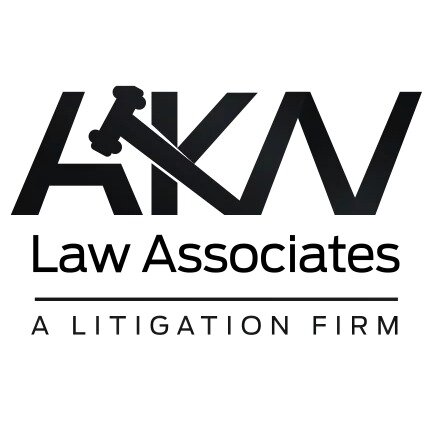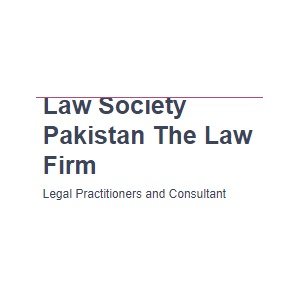Best Drunk Driving Lawyers in Pakistan
Share your needs with us, get contacted by law firms.
Free. Takes 2 min.
Or refine your search by selecting a city:
List of the best lawyers in Pakistan
About Drunk Driving Law in Pakistan
Drunk driving, often termed as driving under the influence (DUI), is a serious offense in Pakistan. It involves operating a vehicle while impaired by alcohol or other intoxicating substances above the legal limit. The Motor Vehicle Ordinance, 1965 provides the legal framework addressing traffic violations, including drunk driving. Over the years, authorities have become increasingly diligent in enforcing these laws to promote road safety and reduce traffic accidents.
Why You May Need a Lawyer
Engaging a lawyer can be crucial in the following situations:
- You have been involved in a traffic accident while allegedly under the influence.
- You've been charged with DUI and need legal representation to challenge the evidence.
- You wish to negotiate penalties or seek a reduction in charges.
- You face stringent consequences, such as potential imprisonment or heavy fines.
- You need to understand the implications of DUI on your driving license and insurance.
Legal expertise can assist in navigating the complex judicial process and may significantly impact the outcome of one's case.
Local Laws Overview
Drunk driving laws in Pakistan emphasize strict penalties and are increasingly enforced. Some key aspects include:
- Legal Blood Alcohol Concentration (BAC) Limit: The permissible BAC while driving is 0.0%, essentially adopting a zero-tolerance policy.
- Penalties: These can include fines, imprisonment, and suspension of the driving license. Repeat offenders face harsher sanctions.
- Evidence Collection: The police have the authority to conduct field sobriety tests and use breathalyzer devices to substantiate DUI charges.
- Judicial Procedure: DUI violations are handled within the criminal justice system and can involve trial proceedings.
Frequently Asked Questions
What constitutes drunk driving in Pakistan?
Drunk driving is defined as operating a motor vehicle while under the influence of alcohol or drugs, negatively affecting one's ability to drive safely.
What are the legal punishments for DUI?
Legal punishments can include fines, detention for a specified period, license suspension, and, for severe or repeat offenses, imprisonment.
Can I refuse a breathalyzer test?
Refusing a breathalyzer test can lead to automatic penalties, such as fines and license suspension, as it may be seen as an admission of guilt.
Is jail time mandatory for first-time DUI offenders?
It isn't necessarily mandatory, but severe cases or those involving accidents or injuries might lead to imprisonment.
How can a lawyer help me if I’m charged with DUI?
A lawyer can examine the evidence, challenge the validity of the test results, argue for lesser penalties, and provide a robust defense strategy.
What should I do if I am stopped by police and accused of DUI?
Cooperate with the police, request a lawyer, and remember that your actions and statements can be used as evidence.
Can a DUI charge be reduced or dismissed?
Yes, with legal assistance, it might be possible to reduce or dismiss charges based on procedural errors or lack of evidence.
What impact does a DUI have on my record and future?
A DUI conviction can result in a criminal record, affecting future employment, travel, and insurance premiums.
Can I drive after posting bail for a DUI arrest?
It depends on the bail conditions set by the court, which might include a temporary driving ban until the case resolves.
How long does a typical DUI case take to resolve?
The duration varies depending on the case complexity-from several weeks to months. An experienced lawyer can expedite the process.
Additional Resources
For individuals seeking more information or help regarding DUI charges, consider these resources:
- National Highways and Motorway Police (NHMP): For questions about traffic laws and assistance.
- The Motor Vehicles Department: For issues relating to driving licenses and penalties.
- Legal Aid Offices: For free or affordable legal assistance and representation.
- Road Safety NGOs: These organizations often provide educational resources and advocacy.
Next Steps
If you're facing a DUI charge, consider the following actions:
- Consult a Lawyer: Reach out to a qualified DUI attorney to discuss your case details and possible defenses.
- Gather Evidence: Collect any documents, eyewitness accounts, or pertinent information that can support your defense.
- Stay Informed: Keep abreast of your case details and any hearings you must attend.
- Consider Counseling: If alcohol or substance use is a recurring issue, seek professional counseling to mitigate future incidents.
Taking informed and timely action is key to addressing and mitigating the repercussions of DUI charges.
Lawzana helps you find the best lawyers and law firms in Pakistan through a curated and pre-screened list of qualified legal professionals. Our platform offers rankings and detailed profiles of attorneys and law firms, allowing you to compare based on practice areas, including Drunk Driving, experience, and client feedback.
Each profile includes a description of the firm's areas of practice, client reviews, team members and partners, year of establishment, spoken languages, office locations, contact information, social media presence, and any published articles or resources. Most firms on our platform speak English and are experienced in both local and international legal matters.
Get a quote from top-rated law firms in Pakistan — quickly, securely, and without unnecessary hassle.
Disclaimer:
The information provided on this page is for general informational purposes only and does not constitute legal advice. While we strive to ensure the accuracy and relevance of the content, legal information may change over time, and interpretations of the law can vary. You should always consult with a qualified legal professional for advice specific to your situation.
We disclaim all liability for actions taken or not taken based on the content of this page. If you believe any information is incorrect or outdated, please contact us, and we will review and update it where appropriate.
Browse drunk driving law firms by city in Pakistan
Refine your search by selecting a city.




